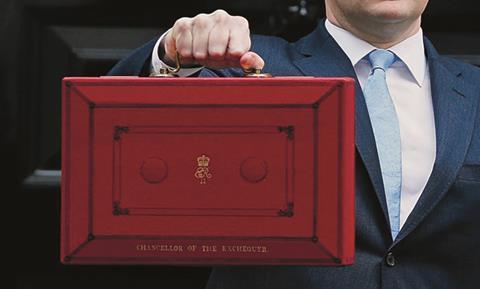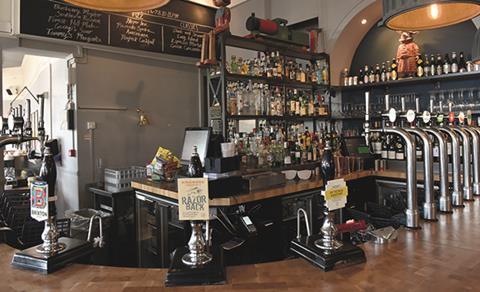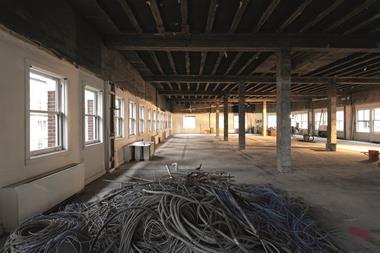In these current, uncertain economic times, there was very little scope for handouts in the Chancellor’s latest Autumn Budget.

Although he didn’t have much room for manoeuvre, businesses should be feeling optimistic as a result of last week’s announcements – even if the measures could have gone further.
Against a background of raising inflation, the adoption of the Consumer Prices Index (CPI) rather than the current Retail Prices Index (RPI) measure had been widely predicted. The change, which was not set to be introduced until 2020 but will now come forward in 2018, will limit the increase in the UBR to 3.0% rather than 3.9% but offers scant relief to those subject to downwards transitional adjustments.

The pledge for rating revaluations to be conducted every three years after 2022 has also been widely championed. This contraction in time frames will help rates to keep pace with changes in the market – although how the Government will resource this change to the system in the context of a reduced headcount at the VOA has yet to be articulated.
Another welcome, but not unexpected measure is the 100% business rates retention for London, with some other regions, such as Greater Manchester, expecting to have complete control over expenditure from their local rates revenues by 2020/21.
Devolution
This devolution of budgets to local authorities will provide some rate relief – but only if local authorities are prepared to lower charges for business. It shouldn’t be overlooked, however, that this may have consequences for local households through a rise in Council Tax – a measure which may have to be implemented to compensate for any fall in rates after 2020.
If businesses are struggling, a higher than expected rates bill could mean the difference between another quarter’s trading or insolvency.
Local authorities already have hardship funds, but the additional commitment to increase the hardship relief for small business, worth £2.3bn over five years, will help guard against the demise of local high streets in the face of competition from out of town parks and online stories.
Finally, the unintended consequence of the Staircase Tax introduced earlier this year has already potentially affected up to 100,000 business in multi-let buildings, with the City of London and West End offices worst hit.

So the Government’s pledge to reverse any adverse consequences of the decision should bolster business confidence again. The original bill will be reinstated and backdated, and businesses can opt to revert back to the pre-Supreme Court ruling.
In short, these are moderate but welcome changes, set to improve the position of businesses across the country with regard to their business rates. The Budget could have done more to better the chances of smaller businesses but otherwise they have been wide reaching in their impact.































No comments yet